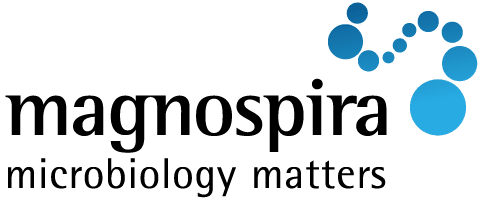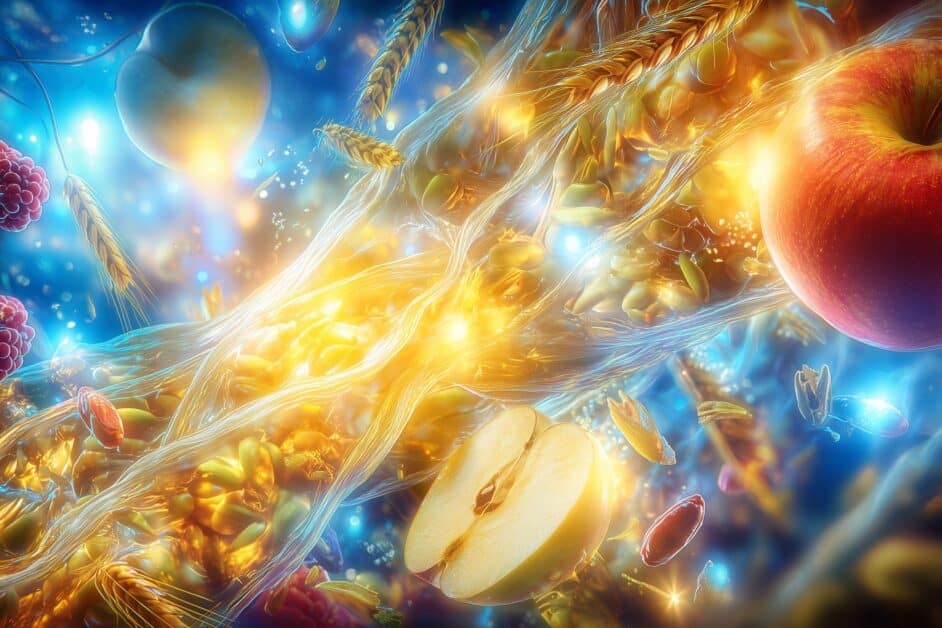Social jet lag disrupts microbiome
Social jet lag, i.e. the different sleeping patterns at the weekend compared to working days, influences the microbiome. Social jet lag occurs when people stay up late in the evening (partying, social life) and sleep in in the morning. Although this may seem relaxing at first glance, it is harmful to the microbiome.
A human study shows the effects that social jet lag can have on the microbiome.
What was investigated in the Social Jetlag Study?
As part of the ZOE PREDICT 1 study, 934 adult participants were examined. The test subjects reported their sleep behavior, in particular differences between working days and days off. Social jet lag (SJL) was present if the average time of sleep on weekends was shifted by at least 90 minutes compared to working days. In addition, stool samples were taken for a DNA-based microbiome analysis and nutritional data (including diet quality, food consumed) and various health markers in the blood were recorded. In this way, correlations between irregular sleep patterns, intestinal bacteria, diet and metabolic parameters could be investigated over the observation period.
What was the outcome?
The key results show clear differences in the gut microbiome of the participants with social jet lag. A total of 17 bacterial species were found to be significantly altered in frequency, of which 9 species were more common and 8 less common than in people without SJL.
At the same time, there was a difference in lifestyle: the SJL group had a poorer diet quality and consumed more sugary drinks (e.g. soft drinks) and tended to eat more starchy foods, while they ate less fruit and nuts. Certain inflammatory markers in the blood, such as GlycA and interleukin-6 (IL-6), were also slightly higher in those who slept irregularly. In addition, those affected felt more tense or stressed in everyday life than those with regular sleep: a finding that matches previous observations that social jet lag can be associated with mental exhaustion.
Irregular sleep changes eating habits
Some of the increased intestinal bacteria found in the social jetlag group are considered potentially unfavorable for health, as they are associated with an unhealthy diet, obesity and increased inflammatory processes. This means that a chronically shifted sleep-wake rhythm could shift the microbiome in a detrimental direction and thus promote risk factors for chronic diseases in the long term. Diet appears to be an important mediating factor: Irregular sleep also changes eating habits – those affected reached for unfavorable foods more often and consumed fewer health-promoting foods – which in turn could partly explain the observed microbiome changes. In addition, the increased inflammation levels (e.g. IL-6) indicate that a disturbed sleep rhythm can already promote mild systemic inflammation in otherwise healthy people – a known risk factor for cardiovascular disease, for example.
Even small sleep deviations have an effect
It is remarkable that even relatively small deviations in sleep (on average ~90 minutes difference) showed these measurable effects. And this despite the fact that the participants were predominantly young, slim and generally slept enough (over 7 hours per night).
In other words, even in healthy people, moderate irregularities in the sleep-wake cycle can adversely affect the gut microbiome and certain inflammatory markers.
What does that mean for you?
Some recommendations for everyday life can be derived from the study results.
Regular sleep-wake rhythm
If possible, go to bed at similar times every day and get up at similar times. Ideally also at the weekend. Large shifts in the time of sleep should be avoided, as even deviations of around one and a half hours showed significant effects on the intestinal flora in the study. Sleep is essential for your microbiome.
Balanced, nutritious diet
Make sure you eat a balanced, nutrient-rich diet. In particular, a high intake of fruit and nuts and reducing sugary drinks appear to be beneficial, as in the study the regular sleepers consumed more of these healthy foods and had a better overall diet quality.
Develop an understanding of this
Last but not least, it is worth developing an awareness of the fact that the rhythm of life – i.e. sleeping times and meals – has an influence on our gut bacteria. A stable sleep rhythm in combination with a plant-rich diet probably supports a diverse, healthy intestinal flora, which can help prevent chronic inflammation and illness in the long term.
The most important facts at a glance
- Social jet lag means: different sleeping times between working days and days off (at least 90 minutes difference).
- In the study, 934 adults were examined; sleep behavior, diet, blood values and the intestinal microbiome were recorded.
- People with social jet lag showed significantly altered microbiome compositions: 17 bacterial species differed measurably.
- Particularly striking: more potentially unfavorable bacterial species associated with inflammation and unhealthy nutrition.
- Those affected had a poorer diet quality. They consumed more sugar and potato products and less fruit and nuts.
- Inflammatory markers such as GlycA and interleukin-6 (IL-6) were slightly elevated, even in otherwise healthy, normal-weight participants.
- Die Veränderungen wurden teilweise durch die Ernährung vermittelt: unregelmäßiger Schlaf beeinflusst Essverhalten und Mikrobiom gemeinsam.
- Even small sleep deviations (~90 minutes) were sufficient to show effects on the microbiome.
- A constant sleep rhythm and a plant-rich diet promote a more stable and healthier microbiome.
- Regular sleep is microbiome care. A simple but effective measure for long-term health.
Source
Bermingham K. M. et al. (2023). Exploring the relationship between social jetlag with gut microbial composition, diet and cardiometabolic health, in the ZOE PREDICT 1 cohort. European Journal of Nutrition, 62(8), 3135-3147. DOI: 10.1007/s00394-023-03204-x



